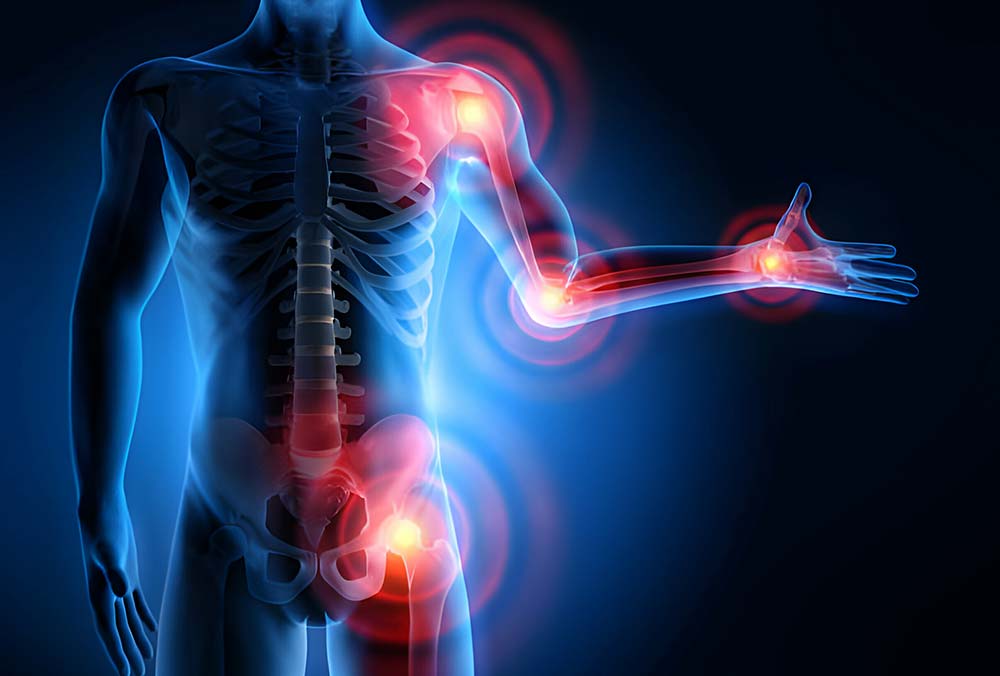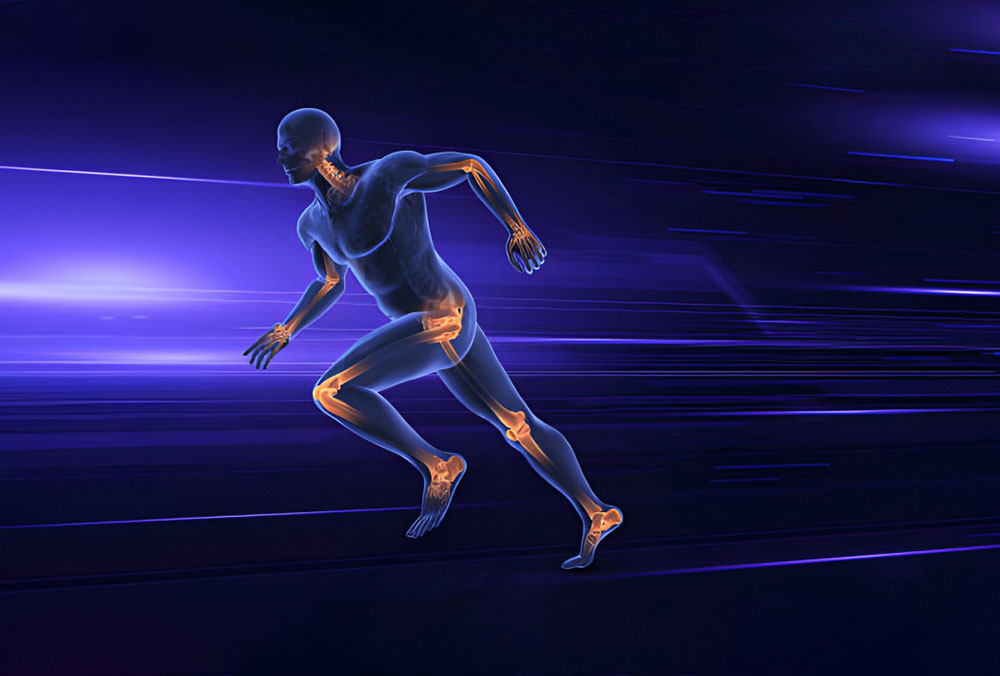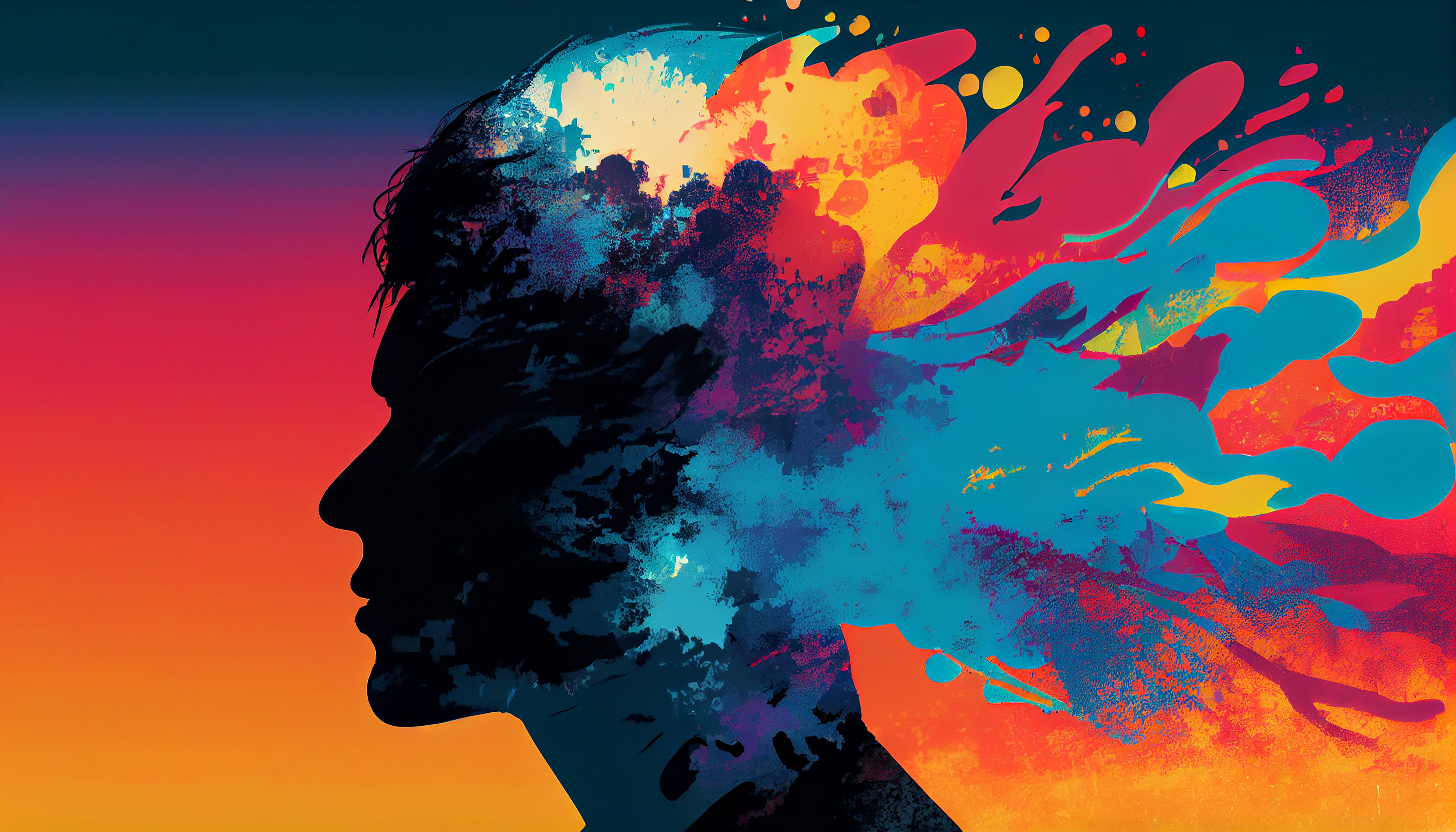
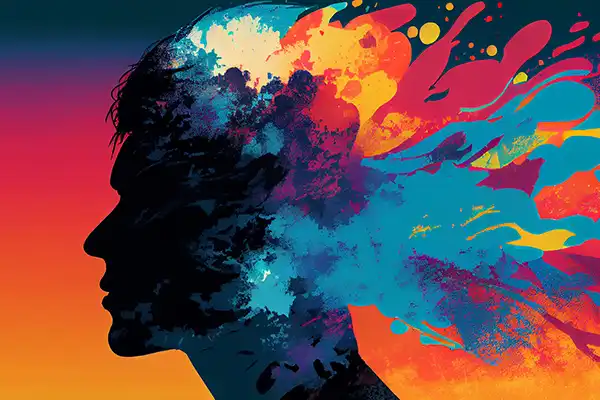
Activities
Our Blogs
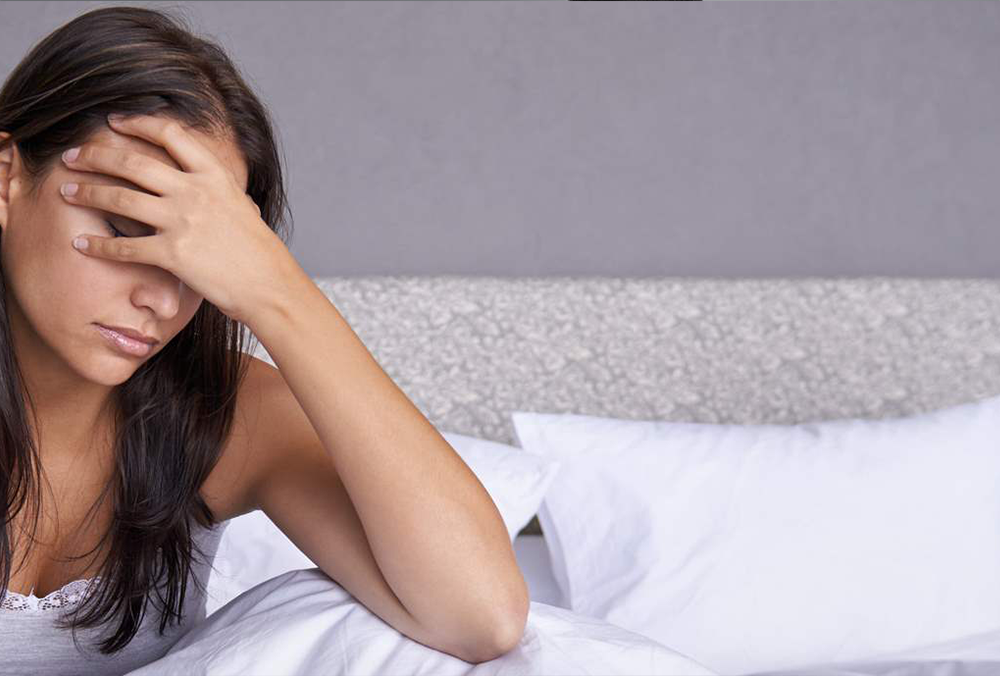
Sleep away your pain
Disrupted sleep and pain
If you are suffering with persistent pain, you’ll often find yourself saddled with an additional problem called sleeplessness. In a recent study, it was found that approximately two-thirds of persistent pain sufferers had sleep disorders. Research has also demonstrated that disrupted sleep will, in turn, exacerbate the pain problem. This results in a vicious cycle, where pain disrupts one’s sleep, and difficulty sleeping makes the pain worse, which in turn makes sleeping more difficult. Sleeplessness can, in addition, result in excessive tiredness during the day, lack of energy and lack of motivation to do things that were second nature to you before the onset of pain. This could be due to frequent “micro arousals” (shifts to lighter, less restful phases of sleep) with pain.
The sleep cycle is important to help the body replenish its energy reserves and heal itself. And when it’s disrupted, reinforcing your chronic pain treatment with insomnia treatments can ease both problems. Fortunately, there are ways you can sleep better even if you are living with chronic pain. If you find yourself tossing and turning at night, it is worth trying out these strategies.
Get your pain under control
When your pain is under control your chance of getting a restful sleep is improved. Most patients who find effective chronic pain treatment also find that it helps with their sleep patterns. Medications, interventional pain management procedures, relaxation techniques, and even surgery are all used to help treat various forms of chronic pain. For more information, consult your pain physician. Then, you may want to try some of the following in conjunction with your pain therapy.
Consider sleep aids
At Atlas Pain Care, Coimbatore, we may recommend a prescription medicine that works by slowing activity in the brain and causing sleepiness. Antidepressants are also often used to treat insomnia. Most sleep aids, however, are only intended for short-term use, so don’t plan on using them for more than a few weeks at a time.
Cut the caffeine
Found in coffee, tea, and some sodas, caffeine is a stimulant that can block sleep-inducing chemicals in the brain, keeping you feeling alert when that’s the last thing you want. It is better to avoid caffeinated drinks by afternoon or earlier, to allow time for their effects to wear off.
Practice good sleep hygiene
Good sleep hygiene means healthy habits that can help minimize sleep problems. One good habit is to avoid napping during the day. Going to bed and waking up at the same time each day can help, too. You may also find it helpful to develop a sleep ritual, like taking a warm bath, eating a light snack, or reading for a short time just before bedtime.
Exercise regularly
Exercising four to eight hours before bedtime not only improves your sleep quality, but also reduces anxiety and pain. However, be sure to allow plenty of time between your workout session and your bedtime, since exercising too late in the day can keep you awake.
Check your medications
Some prescription medications such as steroids, thyroid medicines, and cough and cold medications can cause sleeplessness. If you believe your medications might be interfering with your sleep, you could, perhaps, speak with our consultants at Atlas Pain Care about alternative therapies.


 Prev
Prev


